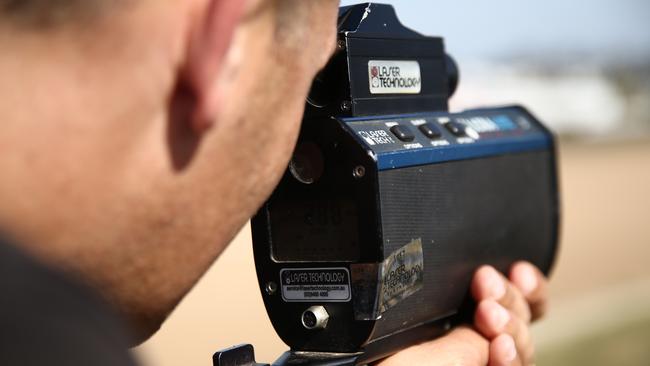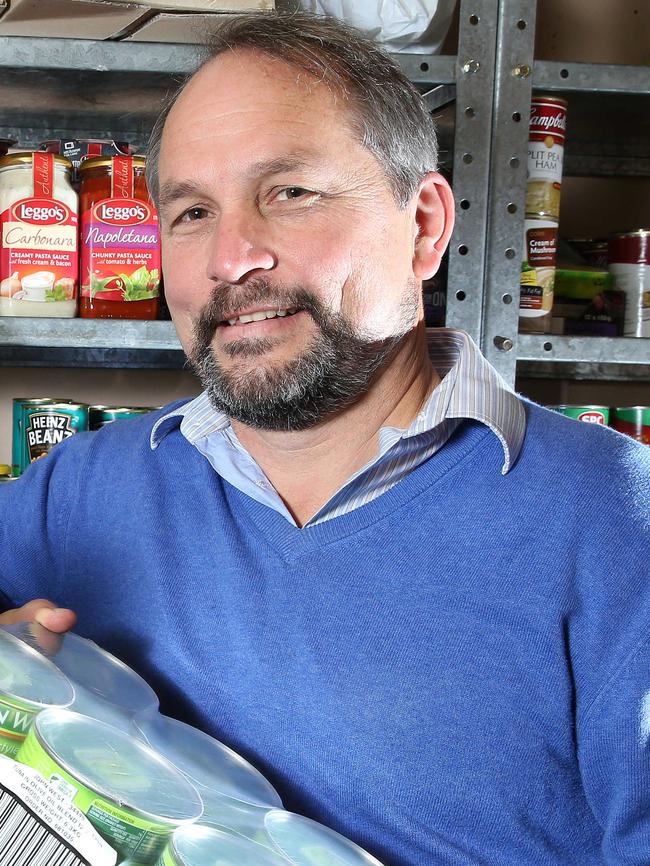Traffic fines should be pay as you earn: report
THE cost of traffic fines has surged by up to 326 per cent since 2000, and low-income earners have borne the brunt of the financial pain.

SA News
Don't miss out on the headlines from SA News. Followed categories will be added to My News.
THE cost of traffic fines has surged by up to 326 per cent – or eight times the inflation rate — since 2000, and low-income earners have borne the brunt of the financial pain.
The figures are contained in a new report and have prompted calls for fixed fines to be replaced by penalties levied according to an offender’s income level.
The independent think tank the Australia Institute on Friday will present the Reforming South Australia’s Traffic Fine System report, which includes a new model for traffic fines that not only makes the system “fairer’’ – but also doesn’t impact State Government fines revenue.
The report found the rate of inflation had increased by 41 per cent since 2000 but the “most common’’ traffic fines had risen between 66 per cent (speeding above 45km/h) and 326 per cent (drunk driving below 0.08 BAC).
“Speeding by 30km/h to 44km/h above the limit resulted in a $308 fine in 2000 and that fine had risen by 160 per cent to $800 in 2012’’ the report found. The report found that South Australians on low-incomes found traffic fines “particularly hard to pay for while they comparatively provide for less incentive to drive safely to the most affluent drivers’’.
“Not only is this unfair, but also from an economic perspective ineffective,’’ the report, to be presented at the Clayton Wesley Uniting Church in Beulah Park, states.
The report stated the Government should adopt a model similar to that used in Finland, where traffic fines are income-based – “meaning that you pay more if you earn more’’.
Under this system, for example, the almost $500 fine for running a red light would be reduced to $247 for low income earners such as those on a pension. Meanwhile, the highest income earners in the state would pay $1550.

Welfare group Uniting Communities has been lobbying the Government to adopt an income-based fines system.
Uniting Communities spokesman David Winderlich said harsh traffic fines, which hit the poorest hardest, actually undermined the Government’s Strategic Plan to make South Australia an affordable place to live.
“So I am sure the SA Government would want to consider any proposal leads to a fairer system of fines, particularly if that can be done without costing the state money,’’ Mr Winderlich said.
The Government has declined to give a reason for why traffic fines had rise well above inflation since 2000.
Attorney-General John Rau played down the idea, saying the Government “had no access to an individual’s income data, so there is no way to check any assertion about income status’’.
“It would, in any case, be very costly to administer,’’ Mr Rau said.


